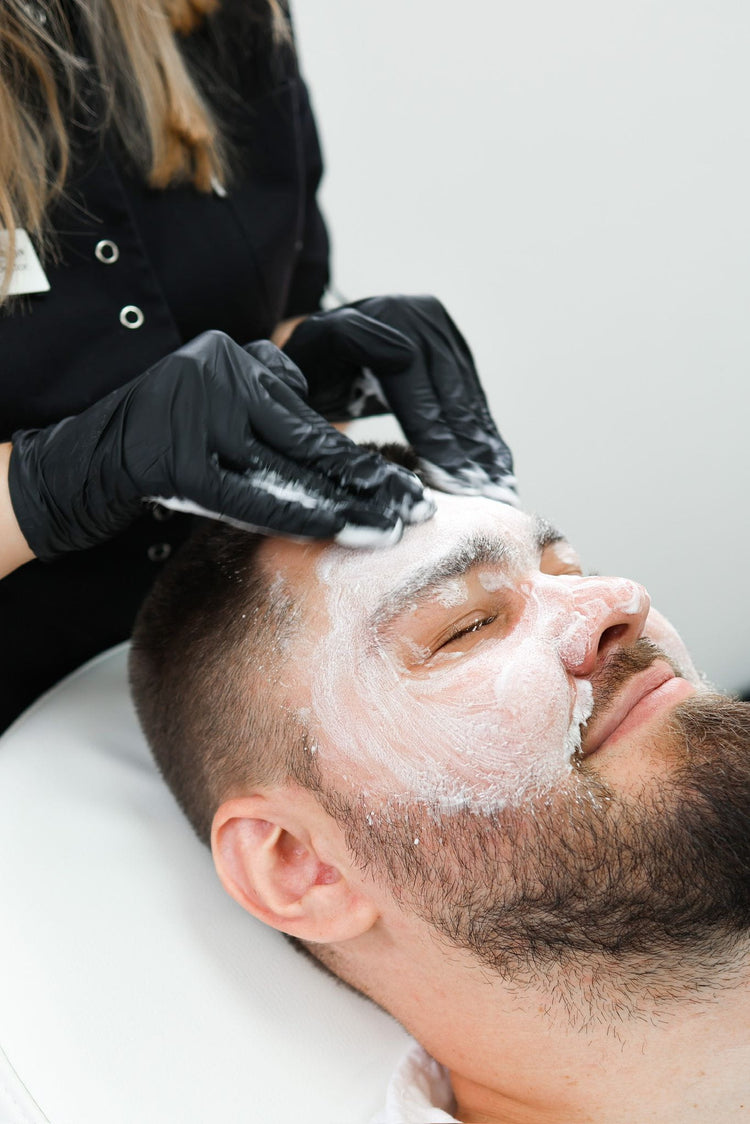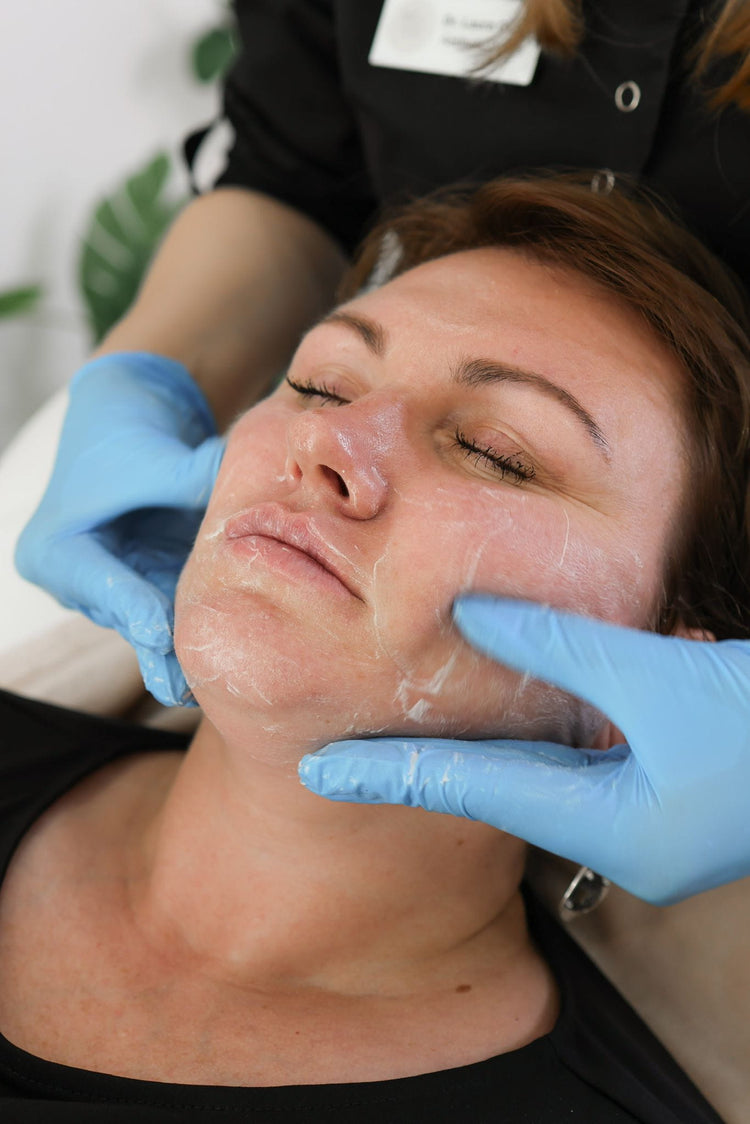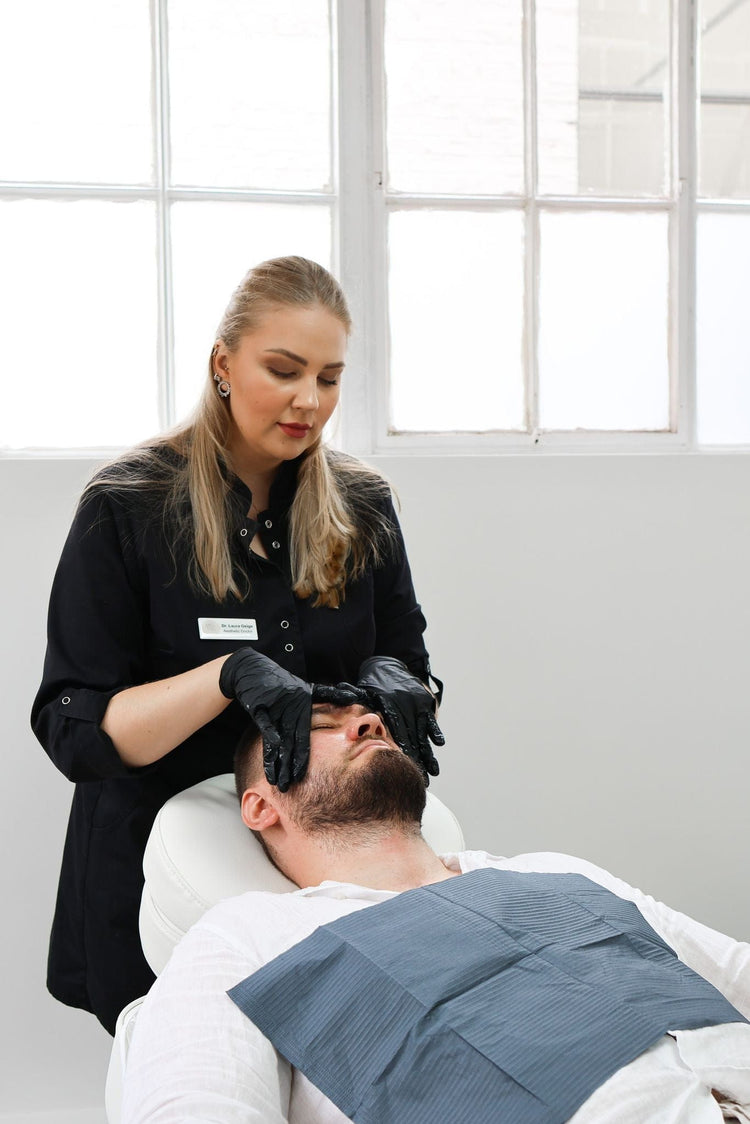Skin Concerns and History
Skin concerns have plagued humanity for centuries, leaving an indelible mark on history and culture. From ancient remedies to modern advancements, our quest for healthy, radiant skin has driven innovation and shaped societal perceptions of beauty. Understanding this rich history can provide valuable insights into current skincare practices and empower individuals to make informed decisions about their own skin health.
Current Skin Issues
Throughout history, various cultures have attributed different meanings and remedies to skin issues. Ancient civilizations like Egypt relied on natural ingredients like honey and oils for cleansing and protection. The Greeks and Romans developed elaborate beauty routines, incorporating practices like exfoliation and masks. During the Middle Ages, belief in humoral theory influenced skincare treatments, often involving bloodletting and herbal concoctions.
Modern advancements have revolutionized skincare with scientific understanding of skin biology and the development of specialized ingredients. Today, common skin concerns include acne, wrinkles, dryness, hyperpigmentation, and sensitivity. Understanding these issues, their causes, and available treatments is essential for navigating the vast array of products and services offered in the skincare industry.
Past Treatments and Reactions
To get the best results from your skincare consultant, it’s crucial to ask thoughtful questions about your specific concerns and history. Begin by detailing any past skin issues you’ve experienced, including acne, dryness, sensitivity, or discoloration. Mention any treatments you’ve tried previously, whether they were over-the-counter products, prescription medications, or professional procedures. It’s also important to describe your skin type (oily, dry, combination, sensitive) and any allergies or sensitivities you have.
Be prepared to discuss your current skincare routine, including the products you use and how often you apply them. Share any recent changes in your lifestyle or diet that might be impacting your skin. By providing your consultant with a comprehensive history of your skin, along with your current concerns and goals, they can develop a personalized treatment plan tailored to your unique needs.

Medical Conditions
Medical conditions can significantly impact the health and appearance of your skin. Conditions like eczema, psoriasis, rosacea, and lupus often manifest through skin symptoms such as redness, inflammation, dryness, itching, or rashes. It’s important to inform your skincare consultant about any underlying medical conditions you have, as they may influence treatment recommendations.

Certain medications can also have side effects that affect the skin, leading to dryness, acne breakouts, or discoloration. Be sure to disclose any medications you are taking, including prescription drugs, over-the-counter medications, and supplements.
Lifestyle Factors
Lifestyle factors play a crucial role in skin health. Diet, sleep patterns, stress levels, and environmental exposures can all impact the appearance and condition of your skin. It’s essential to discuss your lifestyle habits with your skincare consultant as they can provide personalized advice on how to optimize them for healthy skin.
For example, a diet rich in fruits, vegetables, and antioxidants can promote collagen production and protect against damage from free radicals, leading to a more youthful complexion. Adequate sleep allows the skin to repair itself and regenerate, reducing the appearance of wrinkles and promoting a radiant glow.
Managing stress through techniques like exercise, meditation, or yoga can help minimize cortisol production, which can trigger breakouts and inflammation. Protecting your skin from the sun’s harmful UV rays with sunscreen and protective clothing is essential for preventing premature aging, sunspots, and skin cancer.
Product Preferences and Goals
Understanding your own product preferences and goals is key to getting the most out of a skincare consultation.
Desired Outcomes
Consider what kind of results you hope to achieve. Are you looking to address specific concerns like acne, wrinkles, or dryness? Do you have a particular skin type, such as oily, dry, or sensitive? Defining your goals will help your consultant recommend products and treatments that align with your desires.
Think about the ingredients you prefer or want to avoid. Some people are drawn to natural or organic products, while others prioritize scientifically proven ingredients. Are there any specific ingredients you’re curious about or have concerns regarding?
Consider your budget and how often you’re willing to invest in skincare products.
Finally, think about the format of products you prefer – serums, creams, gels, or masks – and how they fit into your daily routine.
Ingredient Tolerances and Sensitivities
Understanding your own product preferences and goals is key to getting the most out of a skincare consultation. Consider what kind of results you hope to achieve. Are you looking to address specific concerns like acne, wrinkles, or dryness? Do you have a particular skin type, such as oily, dry, or sensitive?
Defining your goals will help your consultant recommend products and treatments that align with your desires. Think about the ingredients you prefer or want to avoid. Some people are drawn to natural or organic products, while others prioritize scientifically proven ingredients.
Are there any specific ingredients you’re curious about or have concerns regarding?
Consider your budget and how often you’re willing to invest in skincare products.
Finally, think about the format of products you prefer – serums, creams, gels, or masks – and how they fit into your daily routine.
Budget and Availability
Understanding your own product preferences and goals is key to getting the most out of a skincare consultation.
Consider what kind of results you hope to achieve. Are you looking to address specific concerns like acne, wrinkles, or dryness? Do you have a particular skin type, such as oily, dry, or sensitive?
Defining your goals will help your consultant recommend products and treatments that align with your desires. Think about the ingredients you prefer or want to avoid. Some people are drawn to natural or organic products, while others prioritize scientifically proven ingredients.
Are there any specific ingredients you’re curious about or have concerns regarding?
Consider your budget and how often you’re willing to invest in skincare products.
Finally, think about the format of products you prefer – serums, creams, gels, or masks – and how they fit into your daily routine.
Routine Habits
Understanding your own product preferences and goals is key to getting the most out of a skincare consultation.
Consider what kind of results you hope to achieve. Are you looking to address specific concerns like acne, wrinkles, or dryness? Do you have a particular skin type, such as oily, dry, or sensitive? Defining your goals will help your consultant recommend products and treatments that align with your desires.
- Think about the ingredients you prefer or want to avoid.
- Are there any specific ingredients you’re curious about or have concerns regarding?
- Consider your budget and how often you’re willing to invest in skincare products.
- Finally, think about the format of products you prefer – serums, creams, gels, or masks – and how they fit into your daily routine.

Consultation Approach and Expertise
A skilled skincare consultant can be a valuable asset in navigating the complex world of skin care. To maximize your consultation, it’s essential to come prepared with a clear understanding of your skin concerns and goals.
Experience with Similar Skin Types
When choosing a skincare consultant, consider their expertise and experience with skin types similar to yours. Inquire about their training, certifications, and years of experience in the field.
A good consultant will be able to explain complex skin conditions and treatment options in an easy-to-understand way, taking the time to listen to your concerns and answer your questions thoroughly.
Don’t hesitate to ask about their approach to skincare and how they tailor treatments to individual needs. Look for a consultant who emphasizes evidence-based practices and uses products from reputable brands.
Consultation Style and Process
A successful skincare consultation hinges on open communication and collaboration between you and the consultant. To ensure you get the most out of the experience, be prepared to discuss your skin history in detail. This includes any past skin issues you’ve encountered, such as acne, dryness, sensitivity, or discoloration.
Provide information about treatments you’ve tried previously, whether they were over-the-counter products, prescription medications, or professional procedures. Clearly describe your current skin type (oily, dry, combination, sensitive) and any allergies or sensitivities you possess.
Your skincare routine is another crucial element to discuss. Be ready to detail the products you use and how frequently you apply them.
Mention any recent lifestyle changes or dietary shifts that might be affecting your skin. This comprehensive information allows your consultant to develop a personalized treatment plan tailored to your unique needs.
Recommendations for Follow-up Care
When choosing a skincare consultant, consider their expertise and experience with skin types similar to yours. Inquire about their training, certifications, and years of experience in the field.
A good consultant will be able to explain complex skin conditions and treatment options in an easy-to-understand way, taking the time to listen to your concerns and answer your questions thoroughly.
Don’t hesitate to ask about their approach to skincare and how they tailor treatments to individual needs. Look for a consultant who emphasizes evidence-based practices and uses products from reputable brands.
A successful skincare consultation hinges on open communication and collaboration between you and the consultant.
To ensure you get the most out of the experience, be prepared to discuss your skin history in detail. This includes any past skin issues you’ve encountered, such as acne, dryness, sensitivity, or discoloration. Provide information about treatments you’ve tried previously, whether they were over-the-counter products, prescription medications, or professional procedures.
Clearly describe your current skin type (oily, dry, combination, sensitive) and any allergies or sensitivities you possess.
Your skincare routine is another crucial element to discuss. Be ready to detail the products you use and how frequently you apply them. Mention any recent lifestyle changes or dietary shifts that might be affecting your skin.
This comprehensive information allows your consultant to develop a personalized treatment plan tailored to your unique needs.
A skilled skincare consultant can help you navigate the world of skincare, provide expert advice, and recommend products and treatments that align with your specific goals.
Book your skin rejuvenation treatment with Dr. Laura Geige at It’s Me & You Clinic
- Why CBD Gummy Sweets Are The Hottest Trend In The UK - November 8, 2025
- What Is The Best Non Surgical Face Tightening Procedure? - November 5, 2025
- What Are The Benefits Of Taking CBD Gummies For Skin Conditions Like Eczema? - November 3, 2025


